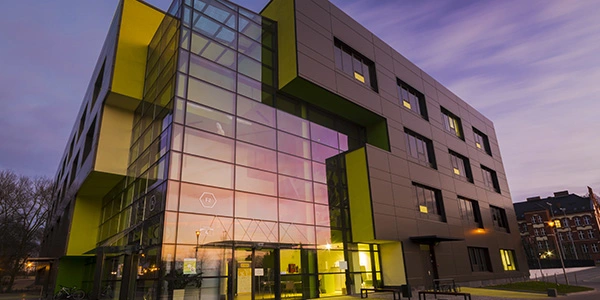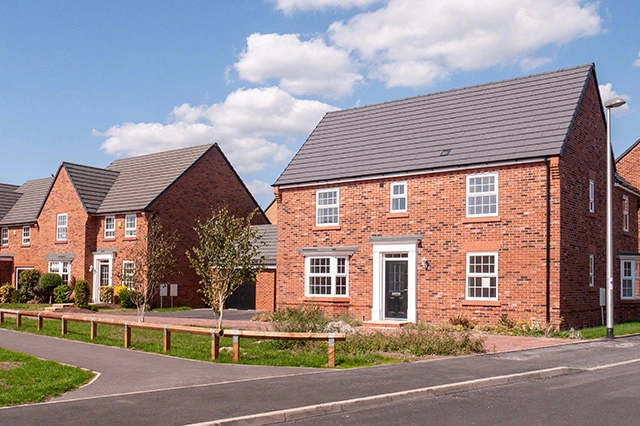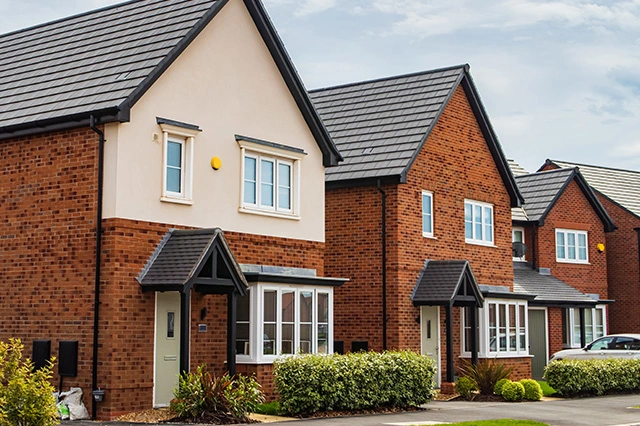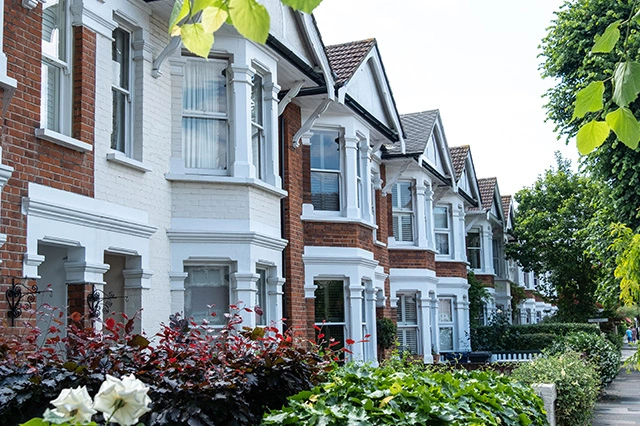Commercial Landlord Insurance
Find yourself a deal when you compare insurance for your commercial let property

What is Commercial Landlord Insurance?
Commercial landlord insurance is an insurance policy designed to protect owners of commercial based properties who rent out space to tenants.
Insurance for commercial landlords will typically extend to insure against loss or damage in relation to other aspects of the business. For instance, a small factory will be at higher risk with production equipment moving around internally. As such, a greater level of cover is required compared to a residential landlord insurance policy.
Commercial landlord insurance policies can be tailored to cover for property damage, liability claims, loss of rental income and more.
How our process works
We’ve worked hard to refine our process and keep it as quick, easy and simple as possible for our customers.
What Does Commercial Landlord Insurance Cover?
Commercial landlord insurance typically covers a variety of risks associated with owning and renting out commercial property. Here are some common areas of coverage that may be included in a commercial landlord insurance policy:
It’s important to note that coverage and limits can vary depending on the specific policy and insurer. Therefore, it’s important for landlords to carefully review their policy and discuss any questions or concerns with their insurance broker.
What Are The Common Add Ons For Commercial Landlord Insurance?
In addition to the standard coverage options, commercial landlord insurance policies may also offer various add-ons that provide additional protection for specific risks.
Here are some common add-ons that landlords may consider adding to their policy.
What Type Of Buildings Would Need Commercial Landlord Cover?
Commercial landlord insurance is designed to protect owners of commercial properties who rent out space to tenants.
This type of insurance is typically necessary for any type of commercial building, including:
- Office buildings: Any building used primarily for office space, including single-tenant or multi-tenant buildings.
- Retail spaces: Buildings or portions of buildings used for retail, such as shopping centres, malls, or standalone retail stores.
- Industrial spaces: Buildings used for manufacturing, warehousing, or other industrial purposes.
- Hospitality properties: Properties such as hotels, motels, and bed and breakfasts that provide lodging for paying guests.
- Mixed-use buildings: Buildings that combine multiple types of spaces, such as retail on the first floor and offices or apartments on the upper floors.
- Medical facilities: Buildings used for healthcare, including hospitals, clinics, and medical office buildings.
- Other commercial properties: This can include buildings used for entertainment, such as theatres and concert venues, or for educational purposes, such as schools or universities.
Frequently Asked Questions
Related News
The Current UK Housing Market & What Could Be Expected Into 2025
The UK housing market is experiencing a period of cautious growth, with house prices showing a modest increase in certain areas, though challenges remain for potential buyers. Here's an overview of the current state
Best Investment Areas When Building A Property Portfolio In The UK
Investing in property requires careful consideration of various factors, including market trends, economic growth, infrastructure development, and rental demand. Here are some of the best areas to invest in the UK property market as
How to Build a Property Portfolio in the UK
Building a property portfolio in the UK is an attractive investment strategy for many, offering potential for both capital growth and steady income. However, it requires careful planning, understanding of the market, and effective




